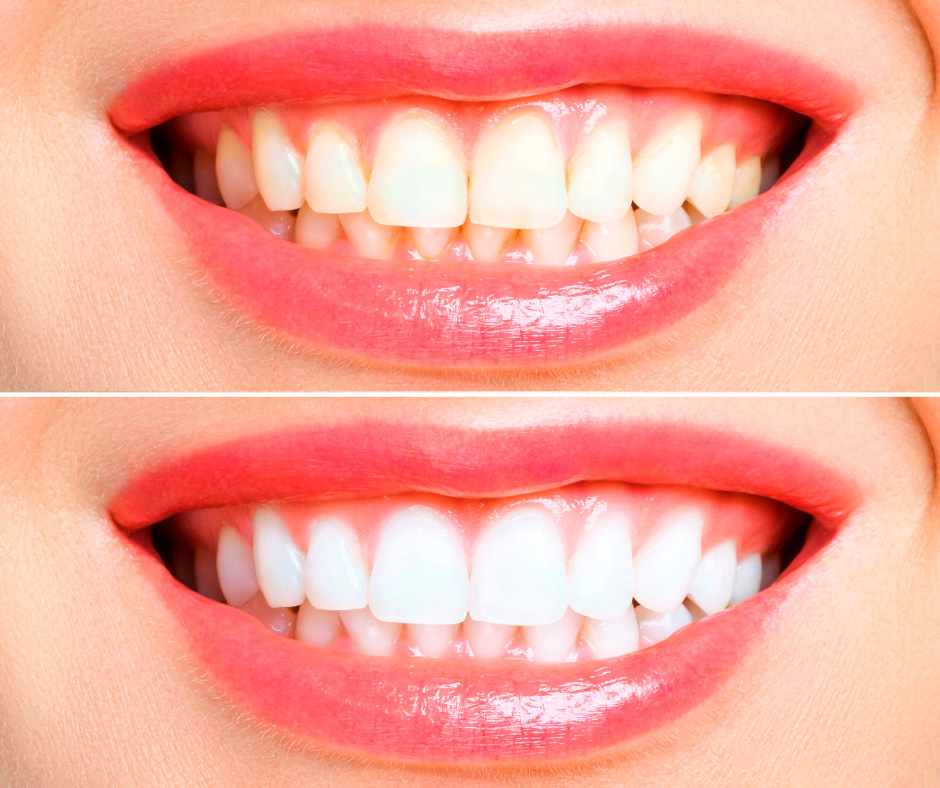Many children struggle with sleep issues that result in bedtime battles, restless nights, and cranky mornings. But what if the problem isn’t just too much screen time before bed or an irregular routine but instead a sleep disorder? When children struggle with disrupted sleep patterns, chronic mouth breathing, or frequent snoring, these symptoms often point to underlying airway issues that a dental professional can help identify. Understanding these symptoms and when they may indicate a sleep disorder is critical in making an informed decision about your child’s health and improving their sleep quality.
At Airway Dental and More, we provide comprehensive care for children experiencing sleep-related breathing disorders through our airway-focused approach to dentistry. Our team has extensive experience identifying and addressing the underlying oral and facial structures that may contribute to sleep problems in children of all ages. We utilize advanced diagnostic tools and offer personalized treatment plans focusing on long-term solutions rather than temporary fixes. Our office creates a comfortable, child-friendly environment where young patients can receive the care they need to breathe better and sleep soundly.
What Causes Sleep Disorders in Children?
According to the Sleep Foundation, up to 50% of children and 40% of adolescents suffer from poor sleep quality. Sleep disorders in children can stem from a variety of causes, including behavioral factors, medical conditions, and developmental issues. Some common causes of sleep-disordered breathing include:
- Obstructive sleep apnea: OSA occurs when a child’s airway becomes partially or fully blocked during sleep. This can often be due to enlarged tonsils, adenoids, or improper jaw development.
- Mouth breathing: Chronic mouth breathing may indicate an airway obstruction that can contribute to poor sleep and development issues.
- Teeth grinding: Bruxism or teeth grinding, can sometimes be a response to breathing difficulties, stress, or bite alignment issues.
- Tongue or lip tie: Oral tissue that restricts proper movement of the tongue or lips can impact breathing, tongue posture, and sleep.
- Allergies or chronic nasal congestion: If a child frequently experiences a stuffy nose, they may struggle to breathe through their nose at night, causing mouth breathing and disrupted sleep.
While these factors might not seem directly related to dentistry, dental professionals are often the first to notice signs that a child may be struggling with sleep-related breathing issues. If you believe your child isn’t getting top-quality sleep, please contact us at Airway Dental and More to schedule an appointment and get your child on track for a restful night’s sleep.
How Can Dental Professionals Identify Airway Issues?
Dentists and orthodontists are trained to look for signs that a child’s mouth, jaw, and facial structure are developing correctly and if any issues may indicate airway problems. While not always a sign of an airway issue, some key physical indicators may include:
- Crowded or misaligned teeth
- High or narrow palate (roof of the mouth)
- Enlarged tonsils and adenoids
- Mouth breathing
- Teeth grinding (bruxism)
- Dark circles or tired appearance
In addition, children with sleep-disordered breathing may experience bedwetting, frequent nightmares, dry or cracked lips, thumb sucking, and difficulty focusing or completing tasks. By assessing these signs during routine check-ups, airway-focused dentists can work with parents and other healthcare providers to address potential sleep-related concerns.
What Treatment Options Are Available for Child Sleep Disorders?
Once a sleep disorder is identified, several treatment options are available to help improve your child’s sleep quality and overall well-being. These treatments include:
- Myofunctional therapy: This therapy involves exercises that strengthen the tongue and facial muscles to promote better breathing and jaw development.
- Arch Development: If a child has a narrow palate, early orthodontic/orthognathic intervention with devices such as active plates and functional appliances, often referred to as Expanders, can help guide growth in width, length and height to improve the oral arch form, but also improve nasal airflow and reduce breathing obstructions. While optimal results come from early treatment, teens and adults can also receive similar benefits from arch development. It’s never too late to improve your health and wellbeing.
- Orthodontic interventions: Orthodontic treatments, such as braces and special appliances, can help guide jaw development and improve airway space.
- Tonsil and adenoid removal: If enlarged tonsils or adenoids are significantly blocking the airway, an ENT specialist may recommend removing them.
- Breathing retraining: Encouraging nasal breathing through breathing therapy can help children establish healthier breathing patterns.
- CPAP therapy: If a child is diagnosed with obstructive sleep apnea, they may need a sleep study and possibly a CPAP machine to maintain their airway during sleep.
Sleep is vital for a child’s physical and mental development. If your child struggles with getting a good night’s rest, it may be time to consult a dental professional.
Trust Airway Dental and More for Your Child’s Sleep Health
At Airway Dental and More, we are committed to providing top-notch care for children facing sleep-related breathing disorders. Our team has been helping families throughout Florida, the United States and across the World identify and address pediatric airway issues with our comprehensive approach to dental care. We combine advanced diagnostic technology with gentle, personalized treatment to ensure your child receives the care they need in a comfortable, welcoming environment. Our focus on airway health has helped countless children achieve better sleep, improved behavior, and enhanced overall quality of life.
Don’t let sleep disorders affect your child’s health and development any longer. Our Airway Dental and More team is ready to help your family find solutions for better breathing and sleeping. Contact us today at (904) 268-4466 or through our contact form to schedule a consultation.


